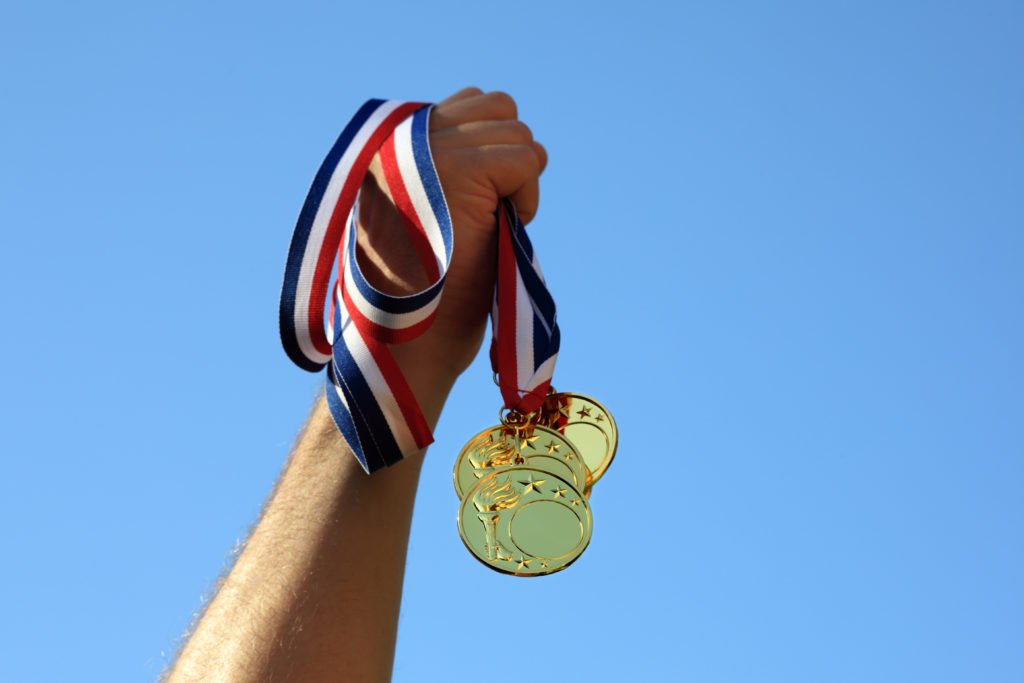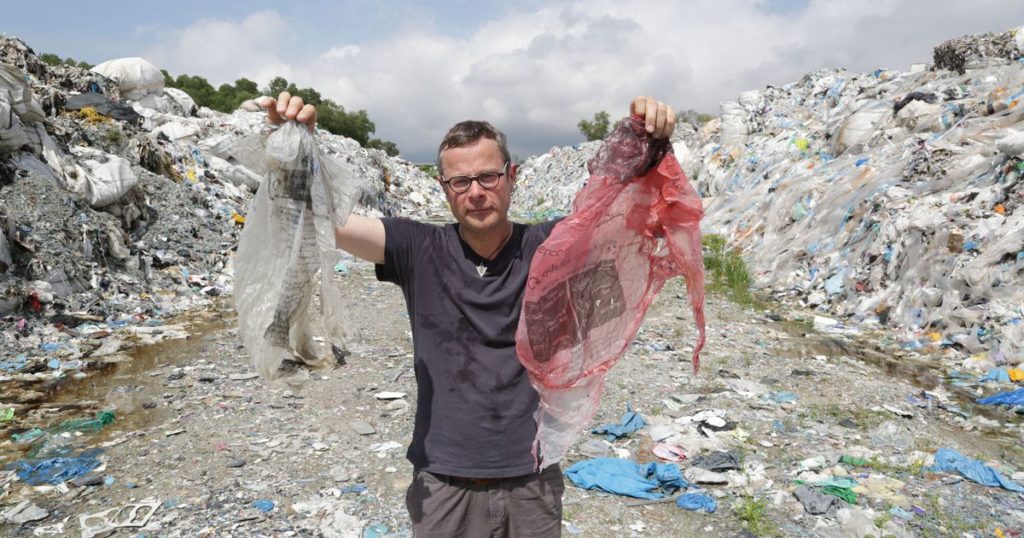
Sustainability in sport is always on my mind and as such, I attended the opening of a new research centre for chickens. It’s the rock and roll lifestyle I lead: next week, there is a full day of presentations on compostable packaging to look forward to.
The two things are actually linked. What’s more, I think they’re relevant to the world of cycling. Bear with me for about 180 seconds – all the way to the end of this 700-word blog – and you’ll see why.
So, the poultry lab. I’m standing outside waiting for the relevant minister to turn up and officially open this thing. I’ve already been on a tour and the facilities are impressive.
(However, am more convinced than ever that eating something that lives for just four weeks is a bit uncivilised. Though if the birds live longer are they just lulled deeper into a false sense of security? Anyway, my abstinence will please vegans, maybe even those who trolled me after the dairy-free blog).
There are refreshments on offer. Chicken burgers (that smell a.m.a.z.i.n.g: if only they’d been offered before the tour) and veggie burgers (for me and, intriguingly, some of the researchers). Coffee and soft drinks are also available.
It’s only been 35 seconds. I’m getting there.
For the coffee there are compostable cups. However, for the orange juice, water, etc., there are plastic ones (you know, the type that get stuck up a whale’s nose). But – and this is where it gets really horrific – they were asking us to put both in SAME BIN.
To recap: compostable packaging, the kind made from plants for example, needs to end up in what’s called an in-vessel composter – which is an industrial unit that will result in the packaging actually composting (provided it meets certain certification standards, too). This means it needs to be collected separately from the other waste and taken to such a facility.
Compostables can also go into food waste collections but not always: again, there needs to be a dedicated collection and a site willing and able to take the food and compostables together.
So here’s the rub: these guys have paid a premium for the compostable cups and are then encouraging us to chuck them in with everything else – as a result of which it will all end up buried or burned.
Incinerating the cups isn’t ideal, but landfilling them can actually be more damaging than if they were the standard paper/plastic variety. I say ‘can’ because the answer depends on who you speak to.
Now do you see why I am so mad? Not at the events company. Not at the manager who thought compostable cups were a nice idea. No, I am mad at the ones selling this stuff to them with half the story.
These waste pushers are everywhere, selling a sustainable dream to cafés, restaurants and hospitality venues all over the country. But their products are only better if they end up in the right place once they’re done with. And I use the term ‘better’ loosely: the best option, wherever possible, is to bring your own cup. There are collapsible ones that easily fit into the back pocket of a cycle jersey.
We’ve already had Blue Planet II. And this week another series of Hugh Fearnley-Whittingstall’s War on Plastic got underway, striking further fear into any business that uses plastic packaging.

Source: BBC – Hugh Fearnley-Whittingstall – War on Plastic
The pressure is great. However, it’s so great that many businesses aren’t thinking things through, and their haste plays into the hands of the waste pushers.
Indeed, this year’s festivals, events and races will be awash with packaging portrayed as “eco” designed to give the festival, event or race (and the competitors) a green glow. However, few will have thought or been advised of what happens next: where do the cups (and anything else) go?
So don’t swallow any spin. Instead, do the following: carry your own cup and water bottle.
Sometimes you will forget (I do) or sometimes it’s not really practical: for example, just before the race gets underway and you need caffeine after the kids were up at 4.30am. Here, you should assume the role of concerned consumer: ask where the cups will end up.
Better still: email the race organiser.
Some races, like Croyde Ocean Triathlon, are now billed as “plastic-free”. This isn’t actually true: compostables are being used and they are plastic – just not the stuff made from fossil fuels. The good news at Croyde is that the compostables seem to be appropriately processed.
One thing confuses me though, reading through the event’s commitments. Ziplock bags for medals have been replaced with tissue paper. Ok, but how many medals are given out every year at sportives and triathlons every year? Who actually wants one? And where do they all end up? The bin.
I am now holding a torch for sustainability in sport so here’s a thought: why not just do away with medals? It’s just stuff we don’t need. This year, I’m going to make like a drug cheat and give the medal back (unless it’s gold, silver or bronze (very unlikely)). And don’t take the goodie bag either (even if it’s a paper one). Organisers will soon get the message.
David Burrows is a freelance environmental journalist. Twitter: @envirobuzz
How do you feel about the issue? Let us know in the comments below and on social media.